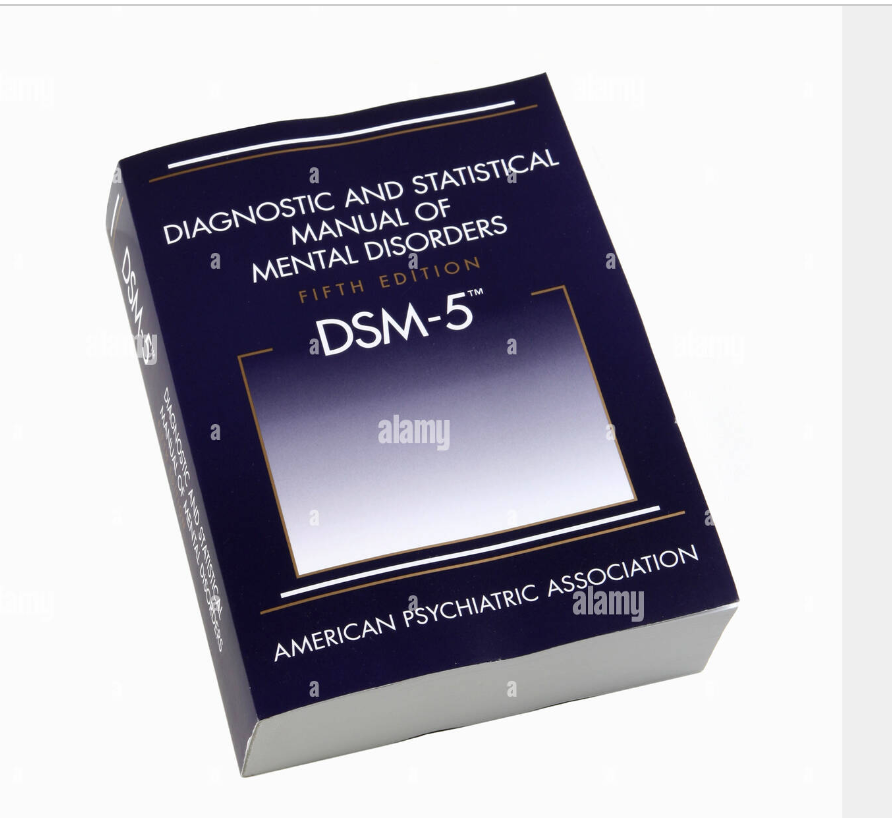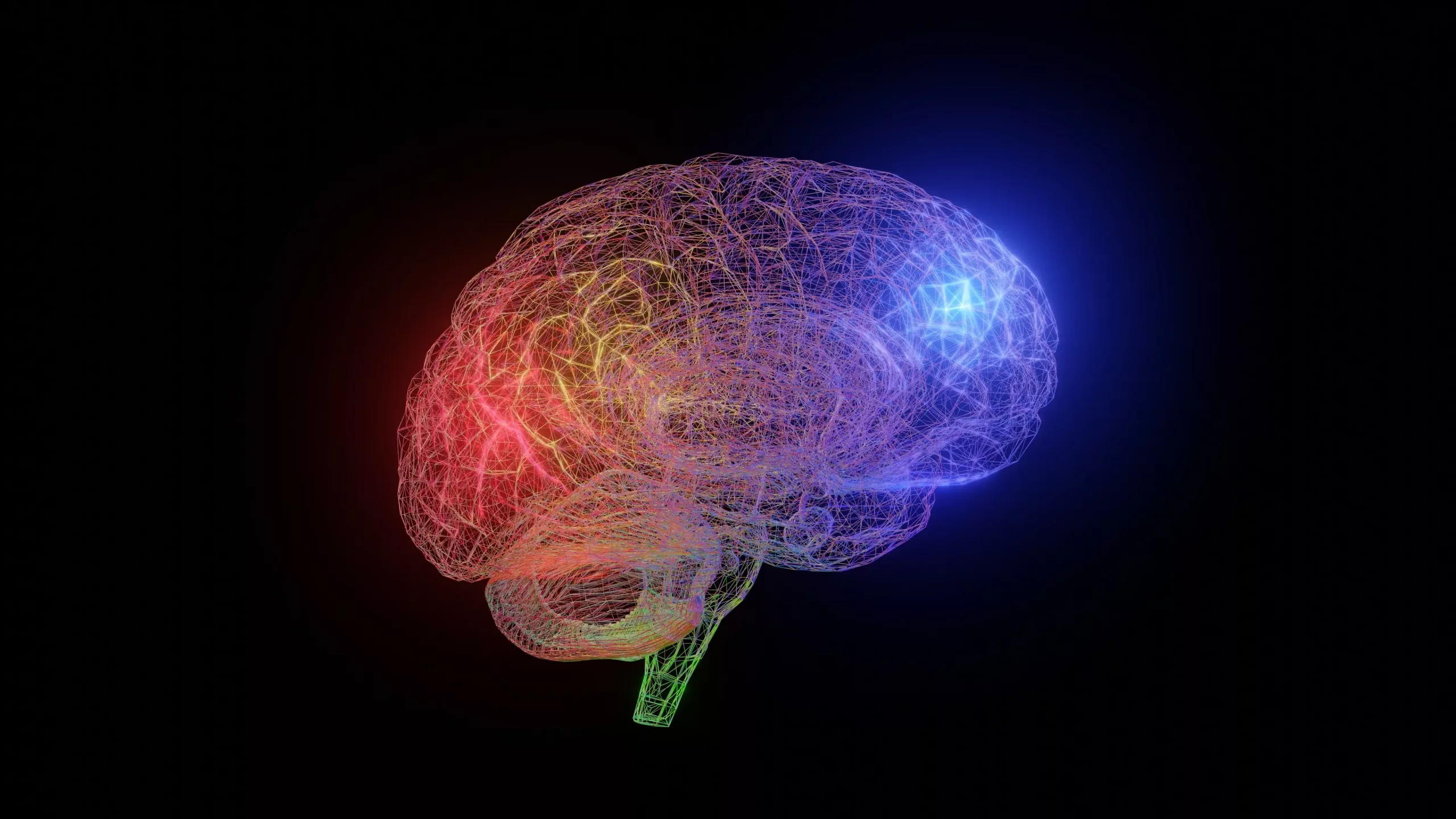EDITORIAL
By Christopher J. McDougle, MD
In this issue of JAMA Psychiatry, Anagnostou et al1 present results of a double-blind, placebo-controlled study of metformin for weight management in children and adolescents with autism spectrum disorder (ASD) treated with an atypical antipsychotic medication. Metformin was significantly more efficacious than the placebo for decreasing weight gain associated with the use of atypical antipsychotics in this population. The primary disadvantage for the active treatment group was a significantly higher percentage of treatment days with associated gastrointestinal adverse events during the 16 weeks of the trial. There was no difference in change in metabolic parameters measured in blood, including total cholesterol, low-density lipoprotein cholesterol, high-density lipoprotein cholesterol, triglycerides, glucose, fasting insulin, or hemoglobin A1C, between the metformin and placebo groups.
Symptoms of irritability (eg, aggression, self-injurious behavior, and severe tantrums) in youths with ASD are common and serious. Aggression can be directed toward parents, siblings, teachers, peers, or strangers. The aggression is typically impulsive and at times unpredictable. Asking an individual to do something he or she does not want to do, interrupting a preferred repetitive/ritualistic activity, or abruptly changing the planned schedule for the day can precipitate aggression. Self-injurious behavior can range in severity from biting fingernails when anxious to bringing one’s knee to one’s head repeatedly, resulting in subdural hematoma or detached retina. When young children with ASD have a temper tantrum in public, the parent may be able to pick them up and whisk them away from the setting. As the child ages, this may no longer be possible; emergency medical personnel may need to be called, often leaving the parent feeling helpless and inadequate. At times, chronic irritability can lead to the child’s removal from school or from the family home and result in placement in a residential setting. Irritability can be devastating for the individual, their family, and their support network. Treatment intervention is usually necessary.
Risperidone and aripiprazole are atypical antipsychotics approved by the US Food and Drug Administration for treatment of irritability in children and adolescents with ASD. They are generally regarded as first-line treatment. Each medication has been shown in larger-scale randomized clinical trials to be significantly more effective than the placebo for this purpose. Risperidone and aripiprazole have serious adverse effects. Some they share in common include increased appetite, weight gain, sedation (often transient), and the risk of extrapyramidal symptoms including tardive dyskinesia. Increased appetite and weight gain are associated with each of the atypical antipsychotics except ziprasidone. Atypical antipsychotic-induced weight gain is more prevalent in children than adults. Youths with ASD and significant irritability may need to be treated with an atypical antipsychotic for many years; adequate studies evaluating the long-term effect of this class of drugs on weight gain and related medical comorbidity, including metabolic dysregulation, are lacking.
Beyond the negative medical factors associated with the use of atypical antipsychotics in children with ASD, additional behavioral and psychosocial challenges may arise. It is not unusual for a preferred food to be used as a reward by caregivers when attempting to alter maladaptive behavior in their children. If the child develops a significant increase in appetite and associated weight gain with an atypical antipsychotic, it may become necessary for the caregiver to withhold the preferred food. This can result in an escalation of irritability and compound the problem. As children with ASD gain weight and become overweight or obese, their self-esteem may decrease. They may find themselves at an even greater risk of bullying from others. Moreover, to be concrete, as a child gains weight, they get bigger. The hole that results from hitting the wall in their bedroom becomes larger simply owing to the extra weight behind the force of their strike.
Clearly, Anagnostou et al1 understand the dilemma our field faces in balancing the risk-benefit ratio of treating youths with ASD with atypical antipsychotics. They have identified a potential medication cotreatment to help mitigate the weight gain associated with atypical antipsychotic use in children with ASD. They also realize the limitations of their study. They state that their sample size is small. They question whether the length of the metformin treatment may have been too short to capture potential benefits in metabolic measures. They wonder whether coadministration of metformin at the onset of atypical antipsychotic use prevents initial weight gain. Larger and longer-term studies of metformin administration in youths with ASD treated with an atypical antipsychotic will be important to address these concerns and remaining questions.
Considering the magnitude and prevalence of significant weight gain and associated medical sequelae associated with atypical antipsychotic use in children with ASD, it is important to consider additional strategies to address this persistent problem. Preliminary studies of other drugs have been evaluated as cotreatments in this context. Topiramate is US Food and Drug Administration–approved for epilepsy treatment and migraine prophylaxis and has been shown to be effective for treating symptoms in several neuropsychiatric disorders. Appetite suppression and weight loss are common adverse effects of topiramate.
To evaluate the use of topiramate to reverse antipsychotic-associated weight gain in youths with ASD, an 18-month prospective, open-label study was conducted in 10 participants (mean age, 12.6 years).2 Eight of the participants were undergoing long-term treatment with risperidone, and 1 was receiving pimozide; the other participant was not receving an antipsychotic but had a history of prior use. Four participants dropped out after 1 to 2 weeks. Three discontinued treatment owing to increases in psychomotor agitation, hyperactivity, and irritability. One discontinued because of minimal response. Of the 6 participants who completed the study, 2 showed significant weight loss (4.5 to 5 kg), 2 had moderate weight reduction, and 2 gained weight after add-on therapy with topiramate.
An 8-week double-blind, placebo-controlled trial was conducted in 40 children and adolescents with ASD to determine the benefit of adding topiramate to risperidone for treatment of symptoms of irritability.3 Participants were randomly assigned to either receive risperidone and topiramate or risperidone and placebo from the beginning of the trial. Risperidone and topiramate resulted in a significantly greater reduction in irritability, stereotypic behavior, or hyperactivity than risperidone and placebo. There was a higher frequency of somnolence and decreased appetite among the topiramate group, but the amount of weight loss was not quantified. Considering that topiramate may reduce irritability, is an effective anticonvulsant, and can result in reduced appetite and weight gain, it seems that additional research on coadministration of this drug with atypical antipsychotics should be considered in youths with ASD.
Most clinicians, parents, and patients would prefer the administration of 1 medication to control target symptoms without having to add a second medication to manage adverse effects of the primary agent. As previously mentioned, each of the atypical antipsychotics has been shown to cause increased appetite and weight gain except ziprasidone. Why isn’t ziprasidone used more frequently to treat irritability in youths with ASD? In an open-label study, ziprasidone (mean [SD] daily dose: 59.23 [34.76] mg) was added to the regimen of 12 participants (mean [SD] age: 11.62 [4.38] years) with ASD and significant irritability receiving other atypical antipsychotics with minimal benefit.4 Six of the 12 participants were “much improved” or “very much improved” following an average of 14 weeks of treatment. Five participants lost weight, 5 had no change, 1 gained weight, and 1 had no follow-up weight (mean [SD] change in weight: −2.65 [5.69] kg; range, −15.91 to 2.73 kg). In another study, 10 adults with ASD and “maladaptive behaviors” who had gained excessive weight or were inadequately responsive to atypical antipsychotics were switched to ziprasidone for 6 months.5 Seven patients were found to have an improvement or no change in their maladaptive behaviors. Eight patients lost weight (mean [SD] change: 5.9 [3.2] kg), 4 of 5 patients had a decrease in total cholesterol, and 3 of 5 had a decrease in triglyceride levels. In a 6-week open-label pilot study, Malone et al6 found that ziprasidone (mean [SD] dosage: 98.3 [40.4] mg/day) resulted in a significant reduction of irritability in 9 of 12 adolescents with ASD. Ziprasidone was weight neutral, and total cholesterol levels decreased. The cardiac QTc interval on electrocardiogram increased by a mean of 14.7 milliseconds, which was considered a nonclinically significant change. To our knowledge, there have been no randomized clinical trials of ziprasidone for irritability in youths with ASD.
A primary reason that ziprasidone has not been studied in a systematic manner as a treatment for irritability in ASD likely relates to the drug’s effects on the length of time it takes the electrical system in the heart to repolarize, adjusted for heart rate (QTc interval). Premarketing studies by the manufacturer suggested a propensity toward modest QTc prolongation (mean increase over baseline of 17 milliseconds in 35 adult patients). However, postmarketing literature has revealed no cases of Torsades de Pointes or sudden death at therapeutic doses in either adults or children. Ziprasidone causes more significant QTc prolongation than risperidone, olanzapine, and quetiapine.7 Although data generated over the last decade suggest an increased risk for sudden death in adults taking atypical antipsychotics, there is no evidence for a heightened risk for children and adolescents. Obtaining an electrocardiogram at baseline and again once a stable dose of the drug is achieved is recommended. With regard to therapeutic benefit, ziprasidone has been shown to be efficacious and safe for treating children and adolescents with Tourette syndrome and pediatric bipolar I disorder. In these studies, compared with placebo, there was no significant change in weight or in the QTc interval on electrocardiogram.8 Considering the probable weight neutrality of ziprasidone, the potential beneficial effect on lipid measures, lack of evidence of clinically significant cardiac effects, and preliminary evidence of effectiveness for irritability in children, adolescents, and adults with ASD, it seems that a large-scale randomized clinical trial in youths with ASD and irritability should be considered.
In conclusion, Anagnostou et al1 have made a significant contribution to the literature and provided clinicians with an effective approach to consider for managing weight gain in youths with ASD treated with atypical antipsychotics. In addition to more studies of this approach, alternative strategies that warrant investigation include the coadministration of topiramate, monotherapy with ziprasidone, and undoubtedly others.
REFERENCES
1
Anagnostou E, Aman MG, Handen BL, et al. Metformin for treatment of overweight induced by atypical antipsychotic medication in young people with autism spectrum disorder: a randomized clinical trial [published online August 24, 2016]. JAMA Psychiatry. doi:10.1001/jamapsychiatry.2016.1232.
2
Canitano R. Clinical experience with Topiramate to counteract neuroleptic induced weight gain in 10 individuals with autistic spectrum disorders. Brain Dev. 2005;27(3):228-232.
PubMed | Link to Article
3
Rezaei V, Mohammadi MR, Ghanizadeh A, et al. Double-blind, placebo-controlled trial of risperidone plus topiramate in children with autistic disorder. Prog Neuropsychopharmacol Biol Psychiatry. 2010;34(7):1269-1272.
PubMed | Link to Article
4
McDougle CJ, Kem DL, Posey DJ. Case series: use of ziprasidone for maladaptive symptoms in youths with autism. J Am Acad Child Adolesc Psychiatry. 2002;41(8):921-927.
PubMed | Link to Article
5
Cohen SA, Fitzgerald BJ, Khan SR, Khan A. The effect of a switch to ziprasidone in an adult population with autistic disorder: chart review of naturalistic, open-label treatment. J Clin Psychiatry. 2004;65(1):110-113.
PubMed | Link to Article
6
Malone RP, Delaney MA, Hyman SB, Cater JR. Ziprasidone in adolescents with autism: an open-label pilot study. J Child Adolesc Psychopharmacol. 2007;17(6):779-790.
PubMed | Link to Article
7
McNally P, McNicholas F, Oslizlok P. The QT interval and psychotropic medications in children: recommendations for clinicians. Eur Child Adolesc Psychiatry. 2007;16(1):33-47.
PubMed | Link to Article
8
American Academy of Child and Adolscent Psychiatry. AACAP practice parameters for the use of atypical antipsychotic medications in children and adolescents. http://www.aacap.org/AppThemes/AACAP/docs/PracticeParameters/Atypical_Antipsychotic_Medications_Web.pdf. Accessed May 30, 2016.
JAMA Psychiatry. Published online August 24, 2016. doi:10.1001/jamapsychiatry.2016





Leave A Comment